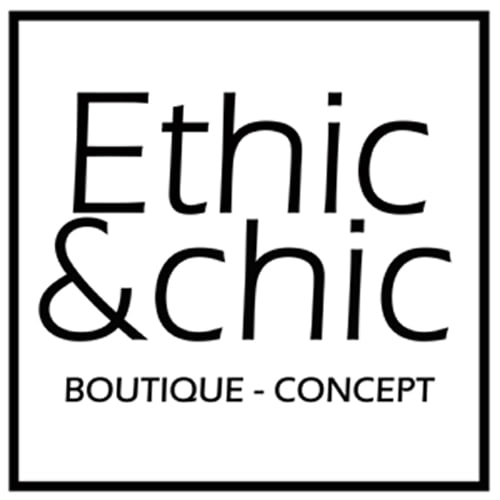
The Eco-value icon “Fair Trade” enables you to identify the products that are manufactured by organizations that tend to respect the norms of fair trade without necessarily having obtained a recognized certification.
The process of production of clothing, handbags and decorative objects is more complex than that of agricultural products for which certifications exist.
In fact, it involves a variety of sources of supply for raw materials and sometimes many transformations. This is, among other reasons, because of the complexity of the production line and the difficulty to identify multiple sources that some products are not certified as well as other fair trade products.
Fair Trade is a trading partnership, based on dialogue, transparency and respect that seeks greater equity in international trade. It contributes to sustainable development by offering better trading conditions to, and securing the rights of, marginalized producers and workers – especially in the South.
Fair Trade organizations have a clear commitment to Fair Trade as the principal core of their mission. They, backed by consumers, are engaged actively in supporting producers, awareness raising and in campaigning for changes in the rules and practice of conventional international trade. They can be recognized by the WFTO logo.
Fair Trade is more than just trading: it proves that greater justice in world trade is possible. It highlights the need for change in the rules and practice of conventional trade and shows how a successful business can also put people first.
To know the 10 principles of Fair Trade, visit:

